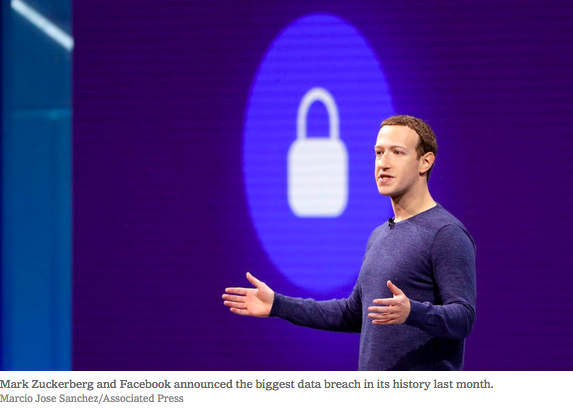Samantha Power is a former U.S. ambassador to the United Nations and the author most recently of “The Education of an Idealist: A Memoir.”
As a reporter years ago in Bosnia, I witnessed malicious actors spreading lies on TV that stoked fear and fomented mass violence. In Rwanda, they used radio broadcasts. Over the past decade, this pattern has repeated on a new medium, with even greater reach. In Brazil, Hungary, Myanmar, the Philippines and elsewhere, those aiming to justify human rights abuses, steal elections, or target ethnic and religious minorities have relied on Facebook.
In the United States, Facebook’s weaponization has been well documented. Despite having been overrun by foreign disinformation in 2016, and vowing to combat falsehoods this election cycle, the platform is still not doing enough to stem their spread. Since 2016, user engagement with content from outlets known to continually publish verifiably false information has more than doubled. Disinformation and conspiracy theories — whether smears of political candidates, phony images of discarded ballots or claims that “the left” deliberately infected President Trump with the coronavirus — are being used to deepen polarization, suppress voter turnout and delegitimize the election. Alarmingly, these falsehoods could also fuel civil unrest, ultimately threatening the fabric of American democracy.




